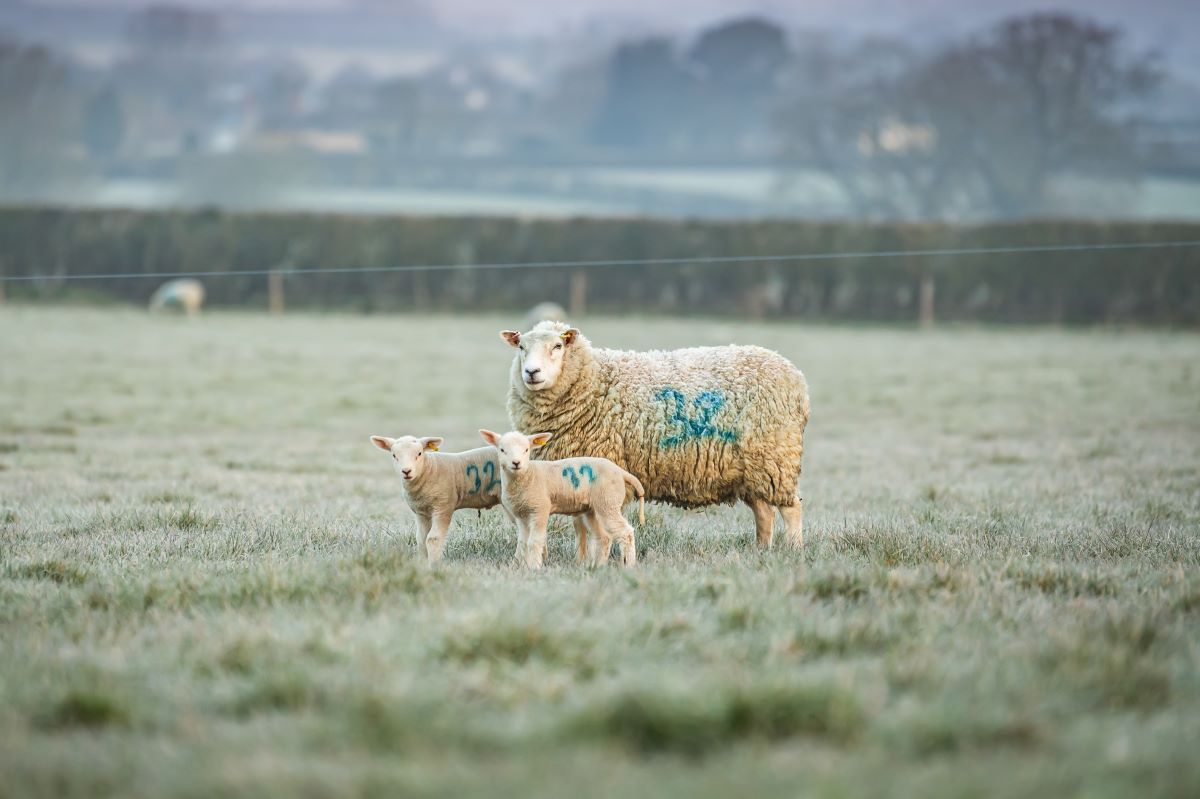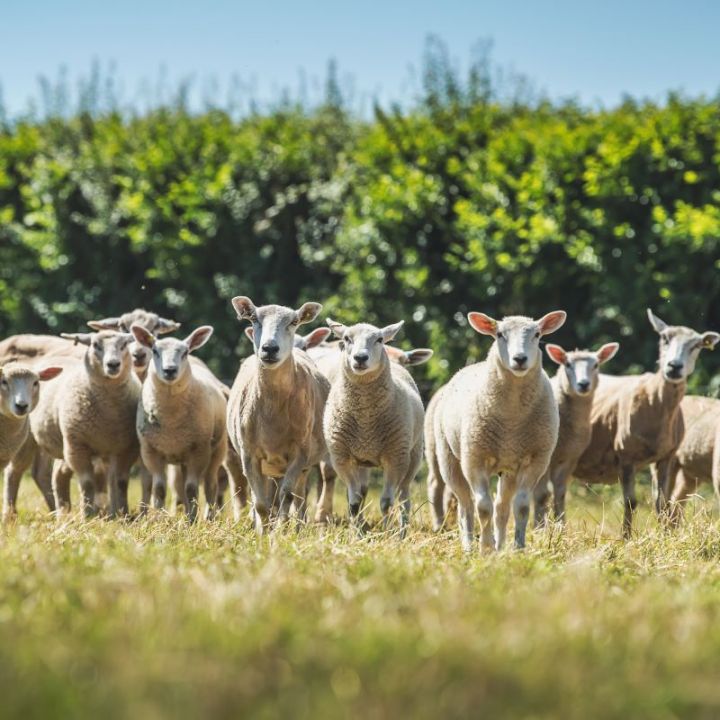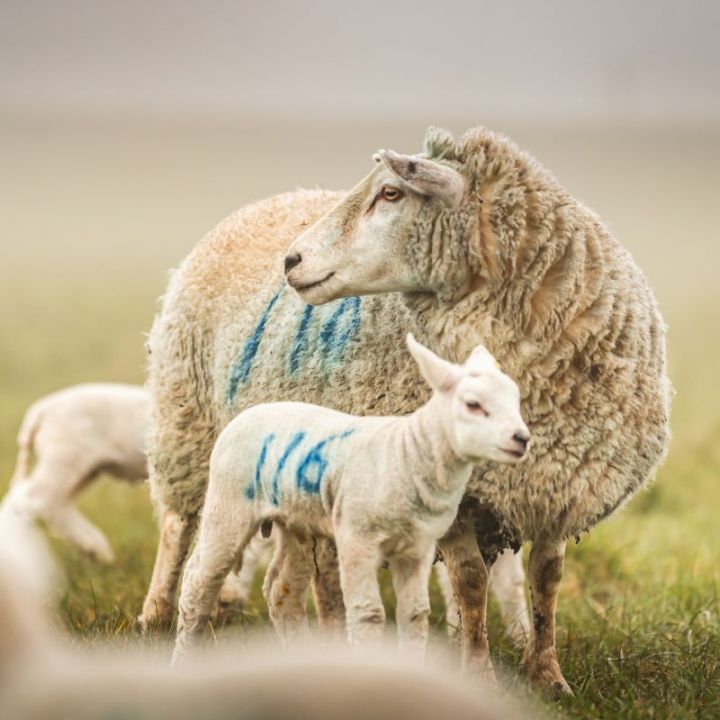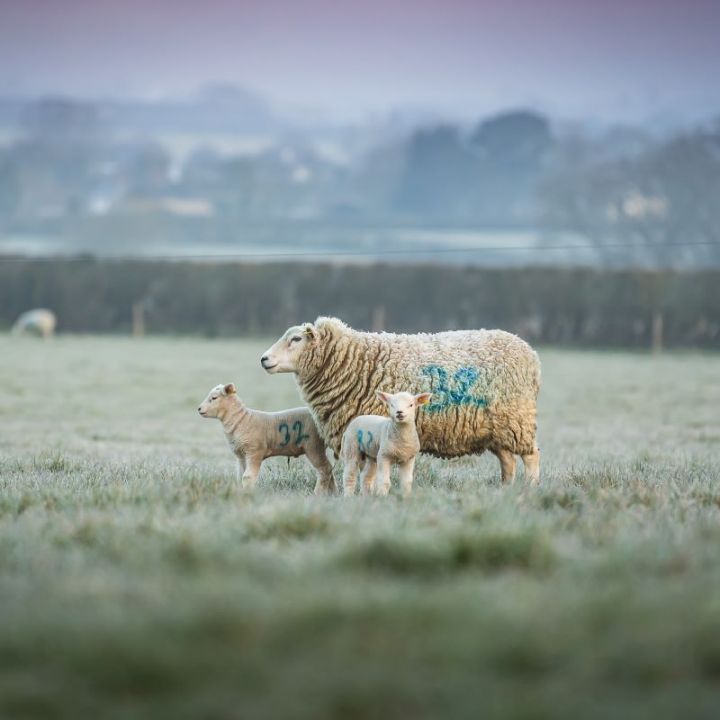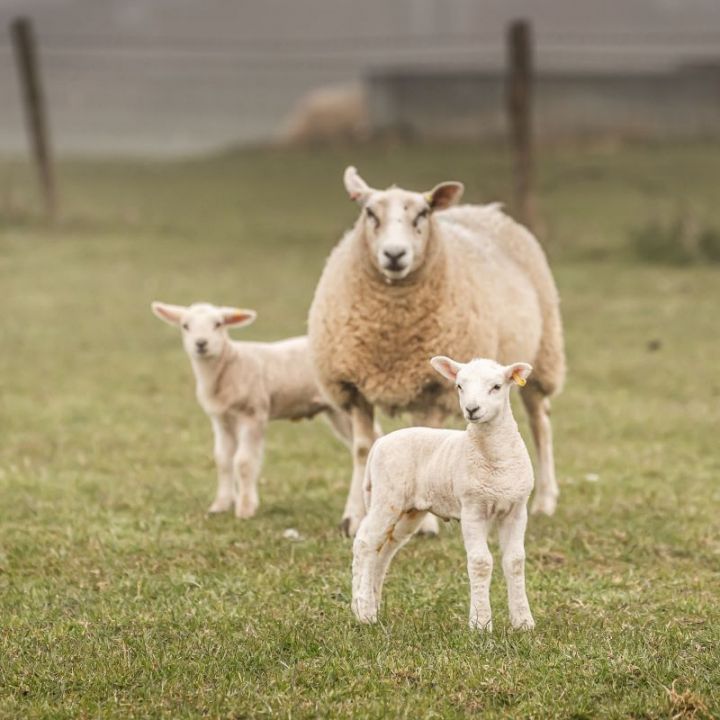On the 28th February 2022, the UK-New Zealand trade deal was finalised to mixed reactions. Whilst the government claims it will boost bilateral trade by 60% by eliminating tariffs and cutting red tape, the National Farming Union warns that it could pose real risks to UK farmers.
By eliminating tariffs for agricultural products, sensitive sectors like beef, lamb, dairy and horticulture will struggle to compete with NZ imports. New Zealand lamb has traditionally been cheaper than British lamb because of lower farming costs, higher meat yields and a favourable exchange rate. As NFU President Minette Batters explains, “UK farm businesses face significantly higher costs of production than farmers in New Zealand, and margins are likely to tighten further in the face of rising input costs, higher energy bills and labour shortages. The government is now asking British farmers to go toe-to-toe with some of the most export-orientated farmers in the world, without the serious, long-term and properly funded investment in UK agriculture that can enable us to do so; the sort of strategic investment in farming and exports that the New Zealand government has made in recent decades.”
Environmental and welfare charities have issued even starker warnings, with Katie White of environmental charity WWF saying that the New Zealand trade deal “opens the door to food produced in ways that harm nature and fuel the climate crisis, undermining the UK’s own transition to more sustainable farming”.
So where does that leave consumers? New Zealand lamb has long been applauded for its flavour, but do we really feel comfortable consuming meat that has travelled 11,690 miles to end up on our plate? It could be argued that longer food miles do not necessarily mean higher carbon emissions, and studies have found that due to the climate differences between the UK and NZ, NZ lamb generally has a lower carbon footprint. But in principle, doesn’t it make more sense to enjoy food that can be produced to exceptional standards right here in our country, supporting British farmers and local communities?
As you know, we’re big believers that there’s no such thing as cheap meat. When we opt for the cheapest option, someone somewhere is paying the price, and in the case of lamb, it is the UK’s long and traditional sheep farming industry which will suffer. Additionally, the RSPCA fear that the deal signals a willingness of the UK Government to sign away its higher welfare standards, because there is no built-in mechanism in the deal to ensure food imports are of an equivalent or higher welfare standard than our own. “Failing to draw this line in the sand sends a message to other countries that we are willing to accept cheaper, lower standard imports for the sake of a deal” – Chris Sherwood, CEO of RSPCA.
In our view, buying British lamb is the only way forward. Consumers can use their purchasing power to support farmers and local communities, knowing that their lamb products have not been shipped from across the world. Put simply, if we stop buying British lamb, it won’t be there anymore.
Sheep farming over the centuries has shaped the British landscape, and when you buy British lamb you are helping keep sheep farmers in business, giving them the income they need to continue caring for the land in a sustainable way. Nearly all habitats in the UK require some level of grazing to maintain their structure and composition, which a lot of plants and wildlife depend on for survival.
The case for Organic Lamb
We have been farming sheep in the UK since the Roman times and for good reason. Grass grows really well here due to the cool summers and high rainfall and sheep are nearly always 100% grass fed on pasture. Incredibly adaptable, they graze on uplands, lowlands, mountains…
So you may be wondering why choose organic lamb if all sheep are free range and grass fed? The key differences centre around what the lambs are eating, the standards to which they are reared, and the sustainability of the farm.
Organic lambs are reared on farms that work in harmony with nature. Organic farms use resources within a closed loop system, recycling waste into nutrient-dense compost and slurry without the need for synthetic fertilisers, growing arable crops to feed the animals during winter instead of grain imports.
Buying The Organic Butchery lamb is a guarantee –
- That the grass and winter foraged grazed by the lambs is free from chemicals like weedkillers, pesticides and nitrogen fertilisers.
- That antibiotics and wormers have not been used as a preventative measure. Organic farmers must instead manage their flocks carefully to reduce disease risk to new-born lambs.
- That the lambs will travel only 7 miles to the abattoir in calm conditions with the shepherd, at least eight months old (UK average at time of slaughter is 5-6 months)
- That they have been reared to the highest animal welfare standards in the UK by our two shepherds right here in Somerset in a totally transparent food chain.
- That our lamb is of exceptional quality.


